The content of the article
The menu of the future mother should always include healthy and healthy foods, which contributes to a good pregnancy. Especially nutritionists recommend eating vegetables and fruits, which contain a lot of vitamins and microelements, as well as valuable fiber for digestion.
During pregnancy, pears can be not only a delicious dessert, but also a healing dish that nourishes the body with folic acid and iron. It is important to know which varieties and in what volume to use, so that the fruit brings exclusively benefits to the body.
The chemical composition of pear
In ancient China, pear fruit was considered a symbol of health and longevity. Nowadays, nutritionists and scientists appreciate the fruit for its unusual chemical composition:
- Mono - and disaccharides (fructose, glucose, sucrose);
- Vitamins of the PP, B group (folic acid, B1, B2), ascorbic acid, PP;
- Beauty vitamins - A and E;
- carotene;
- pectins;
- catechins;
- essential oils;
- micro- and macronutrients (iodine, iron, calcium, copper, manganese, molybdenum, potassium, magnesium and others);
- tanning components.
What are useful pears during pregnancy?
Many nutritionists believe that pears are ideal for pregnant women, especially in the first trimester. It is not surprising that future mothers are often haunted by an inexplicable desire to eat a pear — nature takes care of the normal formation and development of a baby. Tree fruits contain a significant amount of folic acid (about 12 μg per 100 g of product), which is responsible for the formation of the neural tube of the fetus and the central nervous system as a whole, reduces the risk of malformations.
Also in the pear are vitamins A and E, which are responsible for vascular tone and elasticity.
The pear is also surprised by the content of ascorbic acid, which provides immunity to the mother and baby, and makes it possible to prevent colds and other diseases. Only 1 fruit contains up to 7 mg of vitamin C, which by 10% ensures the daily need of the future mother.
It should be understood that pear is not the main source of folic acid and vitamins, it does not completely fill the daily need of a pregnant woman.That is why the use of fruits does not replace the intake of multivitamins and minerals in special preparations.
Pectins are important components that bind and remove harmful substances from cells: heavy metals, radionuclides, slags, salts, toxins, etc.
Fructose in the composition of the pear has a positive effect on the work of the endocrine glands, namely the pancreas, which allows the expectant mother to adjust the digestion and eliminate problems with the intestines. Also good peristalsis promotes plant fiber.
Dietary fiber fruit perfectly cleans the intestines from toxins, improving its permeability. For these purposes, pears are eaten with the skin. It is known that the average fruit contains almost 5 g of plant fibers. Apply the fruit as a natural laxative, so you can get rid of constipation. Also, the fruit has a slight diuretic effect, facilitating urination in pyelonephritis, which often develops in pregnant women in the later stages.
When pregnancy is very important to use iron, which will save a woman from the common disease - anemia. Pear contains enough iron, as well as trace elements that contribute to its absorption.Many doctors strongly recommend introducing fruits into the diet if hemoglobin has fallen below normal.
Magnesium, in turn, maintains the physiological state of the uterus, prevents its hypertonia.
Potassium stabilizes the work of the heart, helping it to properly pump blood through the new circulation (placental).
Calcium in pear is responsible for the formation of the bone apparatus of the child. It also strengthens the teeth of a woman, which is especially important during pregnancy, when enamel is actively worn out and microelement flows to the formation of the baby’s internal systems.
In the first trimester, future mothers often complain of toxemia, nausea, odor intolerance and loss of appetite. Normalize digestion will allow pear nectar, drunk 30 minutes before breakfast. The same miracle drink will save a pregnant woman from the cold that has begun - cool the body, bring the temperature down and saturate it with vitamin C.
Another bonus pear is its low calorie. The fruit contains an average of 100 calories, so does not affect the figure of the future mother. At the same time, even one pear perfectly satisfies hunger and nourishes with energy due to the high content of carbohydrates.
How to use a pear
An ordinary person goes to the supermarket, picks up any sort of pear from the counter, washes it at home and eats as much as he wants. Pregnant women cannot afford such rashness, since the abuse of pears is fraught with unpleasant consequences for your well-being.
Introducing a pear in the diet, the expectant mother should follow the following recommendations:
- The following pear varieties are most valuable for mother and baby health: Red Bartlet, Comis, Anjou, Bosc and others.
- Benefit bring raw and ripe fruit, eaten with the peel. That is how the body receives a maximum of vitamins and dietary fiber, and the likelihood of flatulence and diarrhea decreases. However, with the skin used only local pears grown naturally. Imported or greenhouse options must be sanded and be sure to remove the core.
- In the case of heat treatment, prefer steaming or short roasting. Thus in the fruit remains up to 90% of the useful components.
- The dietary rate of eating pears during pregnancy is 3 small pieces, otherwise there may be severe diarrhea and frequent urination.
- For maximum absorption of folic acid, iron and other important elements, pear is combined with fermented milk products (cheese, cottage cheese), vegetable fats (olive, linseed, sesame oil), vegetables and carbohydrates (rice). But the joint use of meat and offal is undesirable.
- Pear and dishes from it do not wash down with water.
- It is not recommended to eat fruit on an empty stomach or to combine with the main meal. The optimal break between snacks is 1 hour. Also, pears are not consumed at night - the fruit is absorbed quickly and can cause fermentation.
Harm and contraindications
Any product has limitations to use, especially when it comes to the health of a pregnant woman.
What can be caused by harm pears:
- The abundance of dietary fiber, which can cause increased flatulence and diarrhea, aggravate existing problems with digestion.
- The content of essential oils and ascorbic acid, which are considered strong allergens.
- Organic acids in the composition increase the natural acidic environment of the stomach and exacerbate the disease (ulcer, gastritis, enterocolitis, heartburn, etc.).
- A high concentration of sugars increases blood glucose and insulin secretion.
- A significant amount of simple carbohydrates is poorly absorbed and leads to weight gain, impairing the general well-being of the pregnant woman and increasing the risk of endocrine disorders.
Due to the negative effects of the fruits, nutritionists and gynecologists have identified clear contraindications for their use by pregnant women:
- individual sensitivity to the components, allergy to other fruits or berries;
- sugar or gestational diabetes;
- increased acidity of the stomach;
- digestive disorders (severe toxicosis or preeclampsia, chronic diarrhea, heartburn, flatulence);
- diseases of the kidneys and liver in acute form;
- tonus of the uterus.
In general, pear is a common and affordable fruit, which makes it possible to fill an easy vitamin deficiency at a very reasonable price. Listen carefully to the recommendations of the doctor, do not abuse the fruits, and then they will only benefit you and the baby.
Video: medicinal properties of pear

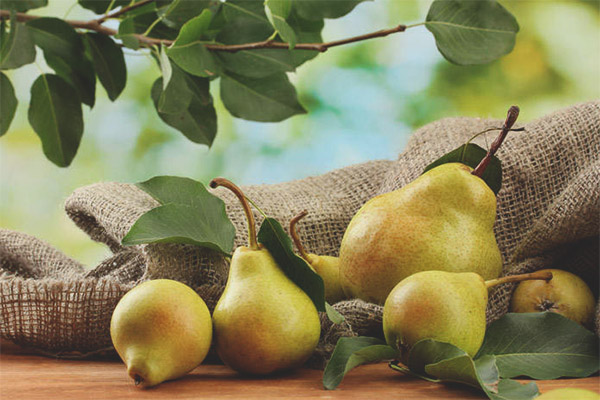
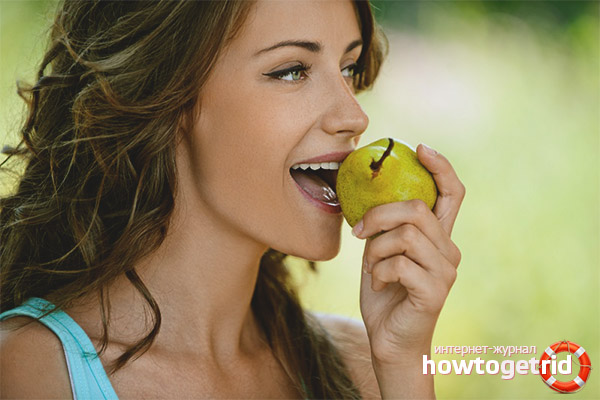
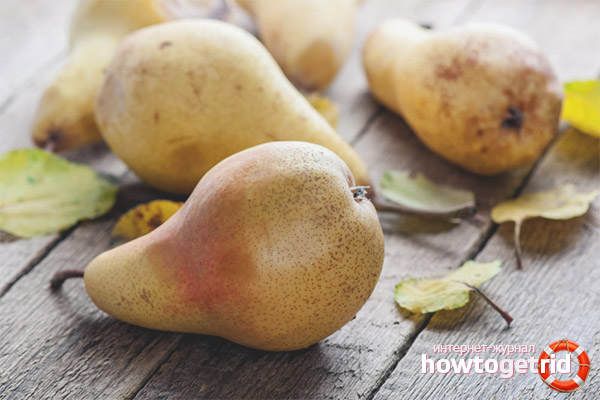

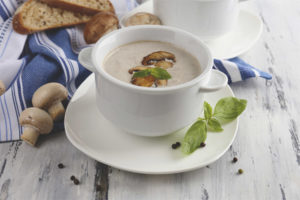
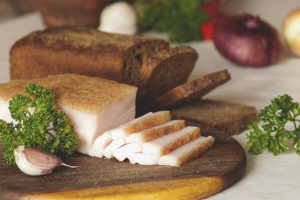
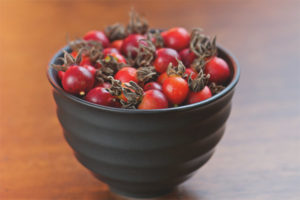
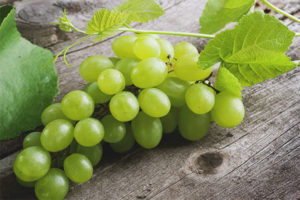
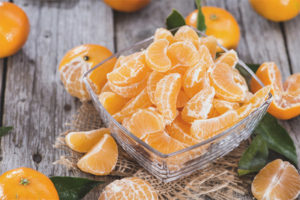
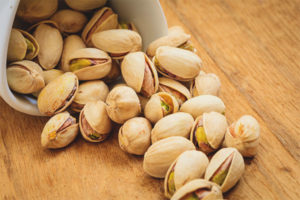

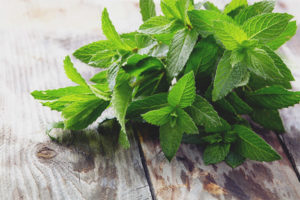
To send